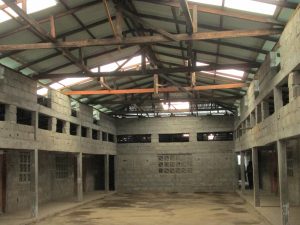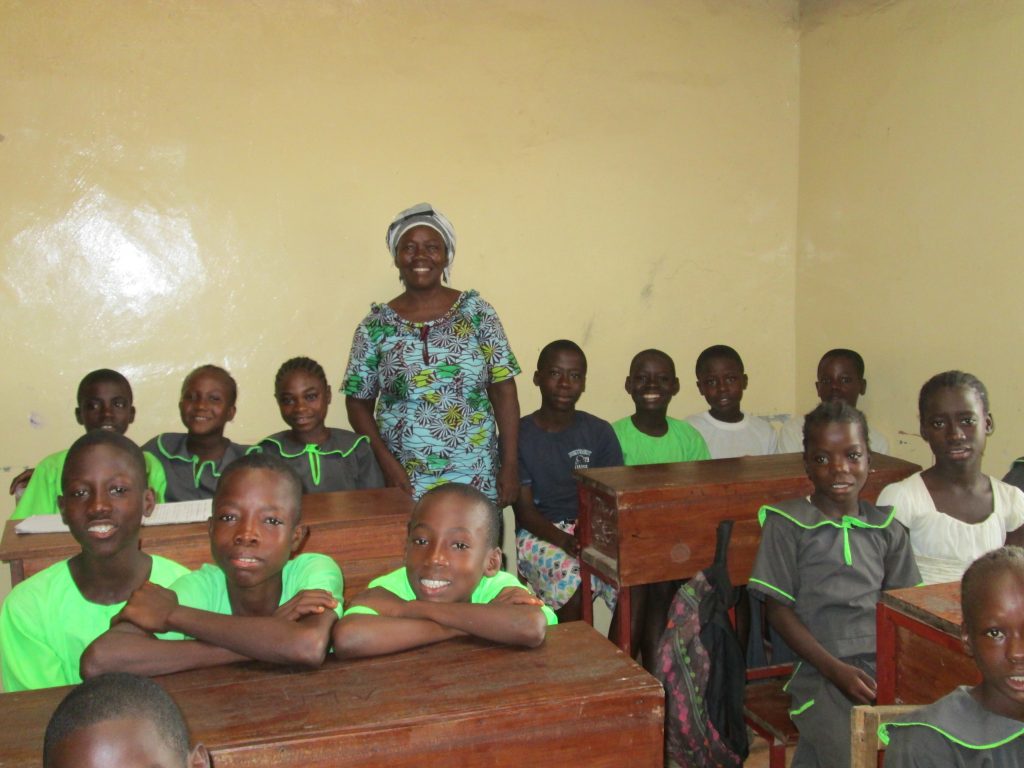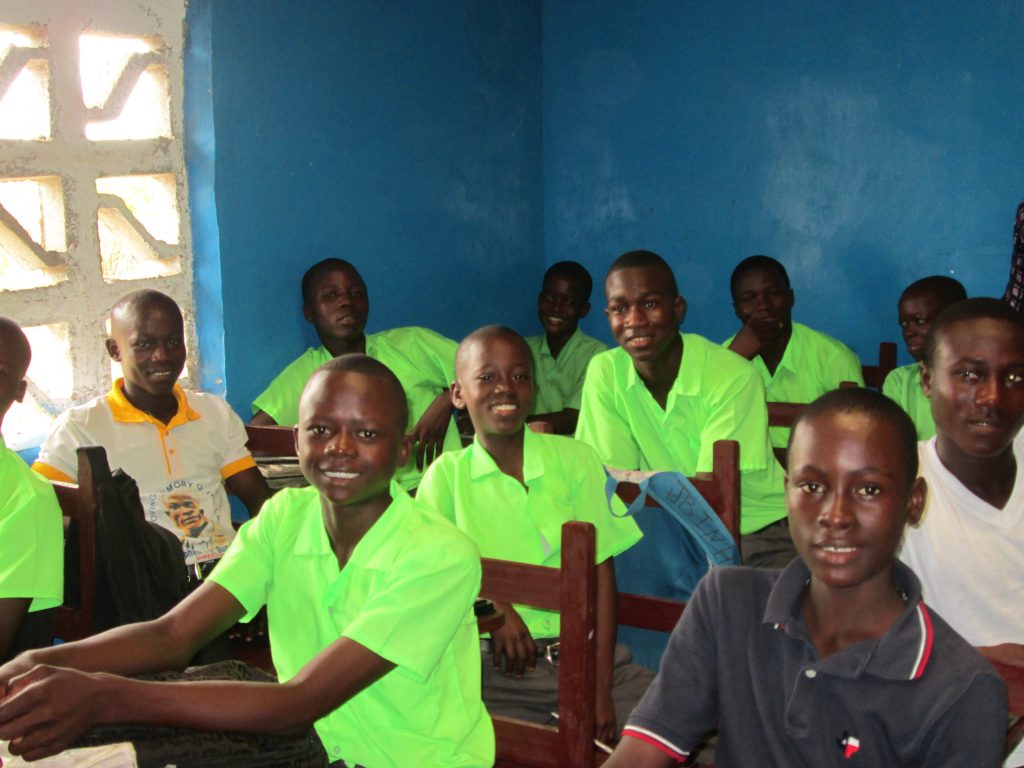About Us
Jeff and Shanda (board members) at their last visit to the Liberia and the school.Plan for the Children Humanitarian Aid began from a heart of compassion for the impoverished children of Liberia. Our belief is every child, including those who are unable to afford school, deserves a good education and daily nourishment to achieve a successful future.
PCHA’s History in Liberia


 In the mid-1990s, an adoption agency, PLAN Loving Adoptions Now began finding homes for orphans in Liberia and providing humanitarian aid. They provided a free school and a daily meal to hundreds of children. PCHA obtained many of its current board members from PLAN. Because of PLAN’s experience in this region, their hearts remained drawn to the people of this country. So many orphans in Liberia were the result of a long civil war. Thousands have died. Many families are forever broken and permanently displaced.
In the mid-1990s, an adoption agency, PLAN Loving Adoptions Now began finding homes for orphans in Liberia and providing humanitarian aid. They provided a free school and a daily meal to hundreds of children. PCHA obtained many of its current board members from PLAN. Because of PLAN’s experience in this region, their hearts remained drawn to the people of this country. So many orphans in Liberia were the result of a long civil war. Thousands have died. Many families are forever broken and permanently displaced.
When the war officially ended, Liberia began a difficult path to rebuild. With little food available, 90% unemployment and disease, many were powerless to help themselves or their families. A whole generation had been forced to focus on survival. Many had no education to improve their daily lives. Children who could not attend school had even less opportunity to ensure their survival, let alone their future.
In 2007, PLAN Loving Adoptions Now began its first large humanitarian project. Funds were raised to build and start a school and feeding program in a permanent refugee area outside Monrovia called, Mount Barclay. School officially started in September 2007. More than 900 children began school; many for the first time.
December 2009– Mt Barkley became self-sufficient. PCHA was then formed to help another region in Liberia.
January 2010- Plan for the Children Humanitarian Aid became a 501 ©3 non-profit organization.
PCHA is a small volunteer group and work to keep our operating costs as low as possible. We send over 95% directly to our work in Liberia. This is a huge commitment. We are so grateful to our donors who understand the great need and respond with support. We cannot do it without this help! If the children could meet you in person, they would voice their gratitude. We speak for them, and ourselves, in saying— Thank You!
